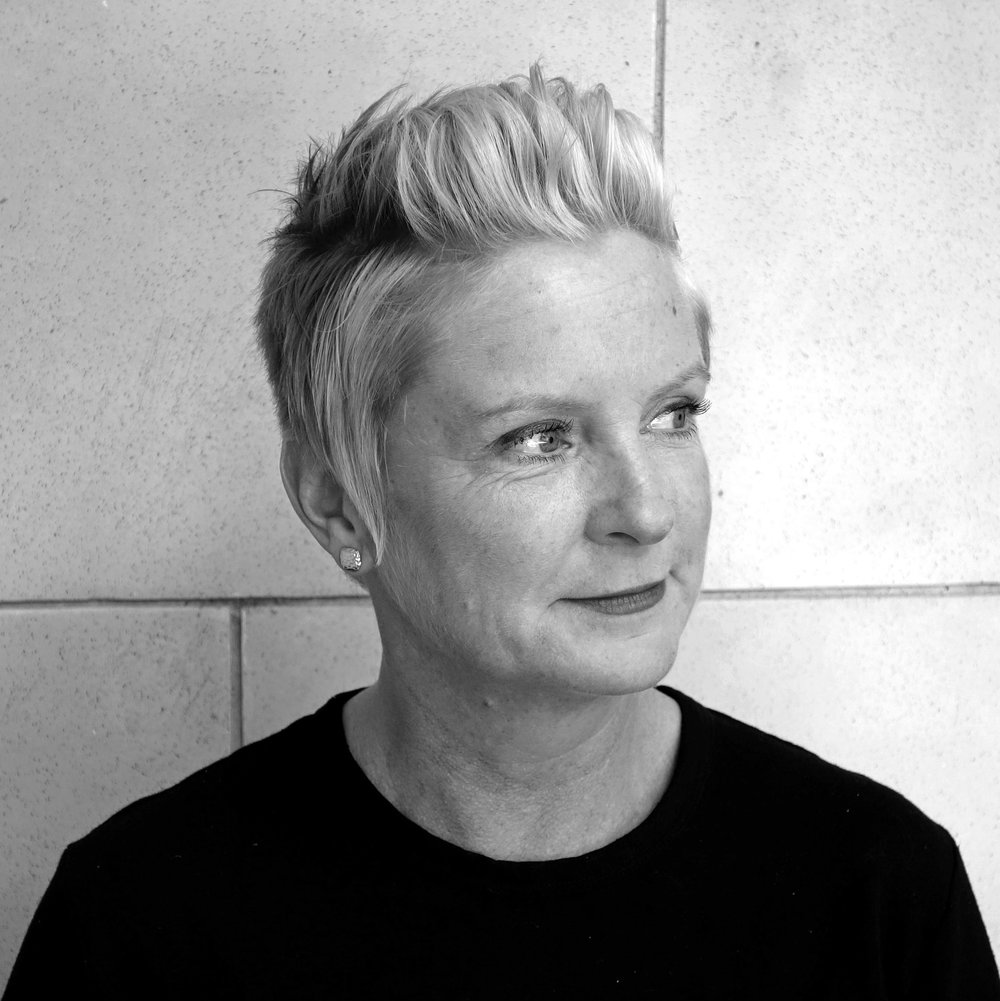 Jill Talbot is the author of The Way We Weren’t: A Memoir and Loaded: Women and Addiction, as well as the editor of Metawritings: Toward a Theory of Nonfiction. Her writing has appeared or is forthcoming in journals such as AGNI, Brevity, Colorado Review, DIAGRAM, Longreads, The Normal School, The Paris Review Daily, River Teeth, and Slice Magazine and has been recognized by The Best American Essays. She teaches in the creative writing program at University of North Texas.
Jill Talbot is the author of The Way We Weren’t: A Memoir and Loaded: Women and Addiction, as well as the editor of Metawritings: Toward a Theory of Nonfiction. Her writing has appeared or is forthcoming in journals such as AGNI, Brevity, Colorado Review, DIAGRAM, Longreads, The Normal School, The Paris Review Daily, River Teeth, and Slice Magazine and has been recognized by The Best American Essays. She teaches in the creative writing program at University of North Texas.
Her essay, "Bottom Shelf," appeared in Issue Ninety-Nine of The Collagist.
Here, Jill Talbot talks with interviewer William Hoffacker about personas, subtext, and sharing struggle.
Please tell us about the origins of your essay “Bottom Shelf.” What caused you to start writing the first draft?
I wrote “Bottom Shelf” immediately after finishing Leslie Jamison’s The Recovering: Intoxication and its Aftermath.
In this essay, you look back at another essay you once wrote, quoting lines from it, analyzing and recontextualizing them. Can you tell us about what that process was like for you? Do you revisit your finished works often? Did you discover things in your own writing that you didn’t expect to find?
As I began writing about the pawn shop, I remembered I had included it in another essay, in another context. That other essay presents a persona who is a curious observer (both of the objects and the people in the shop), but avoids divulging that I was one of those people, desperate at the counter. That other essay is not about addiction, it’s about searching, about place, and as writers, we establish the persona for the questions the essay is asking. We don’t have to be all of who we are or were, rather the persona the essay requires. Yet. In rehab, the counselors often called me out on “hiding behind my writing.” I realized I had done that in those paragraphs—how those repeated mentions of glass revealed a subtext of the broken bottle and how I kept the reason why I was in the pawn shop hidden. Also, looking back at that other essay in “Bottom Shelf” contributes to the confessional mode of the piece.
In this essay you write, “I am listing these things, trying to remember all of them, trying to avoid what I pawned, more than once, to get through the month without giving up wine.” In this moment and others throughout the essay, it’s clear that you feel ashamed of actions you’ve taken, and it seems it would be easier to keep silent about them. Why is it important to you to not only write such stories but also publish them? What do you hope to achieve?
I suspect we’re all learning that there are consequences when we stay silent.
As Didion warns, “I think we are well-advised to keep on nodding terms with the people we used to be, whether we find them attractive company or not.”
When I write, I’m always thinking of two readers. One will learn about people who live such lives, and in that way, the essay becomes a keyhole through which a reader can look to glimpse a hidden life. The other reader is the one who needs to know she’s not alone in her struggle. I like the way Phillip Lopate puts it: “The trick is to realize that one is not important, except insofar as one’s example can serve to elucidate a more widespread human trait and make readers feel a little less lonely and freakish.”
But more than anything, I wanted to show the addict whose struggle includes how to fund that struggle. In rehab, we were often reminded, “Work as hard at your sobriety as you did to get your next drink.” And I had worked. Hard. Lying awake nights doing budget gymnastics. Searching the bottoms of purses and jacket pockets and kitchen drawers for coins. Those trips to the pawn shop. Lying to friends to borrow a few bucks until payday. Finding a twenty in my mother’s car and pocketing it. Selling shit online. Selling books and CDs and DVDs to used book stores. All that hustle and those excruciating moments waiting for someone to offer a dollar amount that would allow me to step into a store and buy wine. It was exhausting.
What writing project(s) are you working on now?
I’m working on a series of essays about returning to the places where my sixteen-year-old daughter and I have lived, and we’ve lived in nine states. One of those essays was recently published in The Paris Review Daily.
What have you read recently that you would like to recommend?
Mark Slouka, All That Is Left Is All That Matters: Stories
Virginia Woolf, The Death of the Moth and Other Essays
Tyrese Coleman, How To Sit: A Memoir in Stories and Essays
